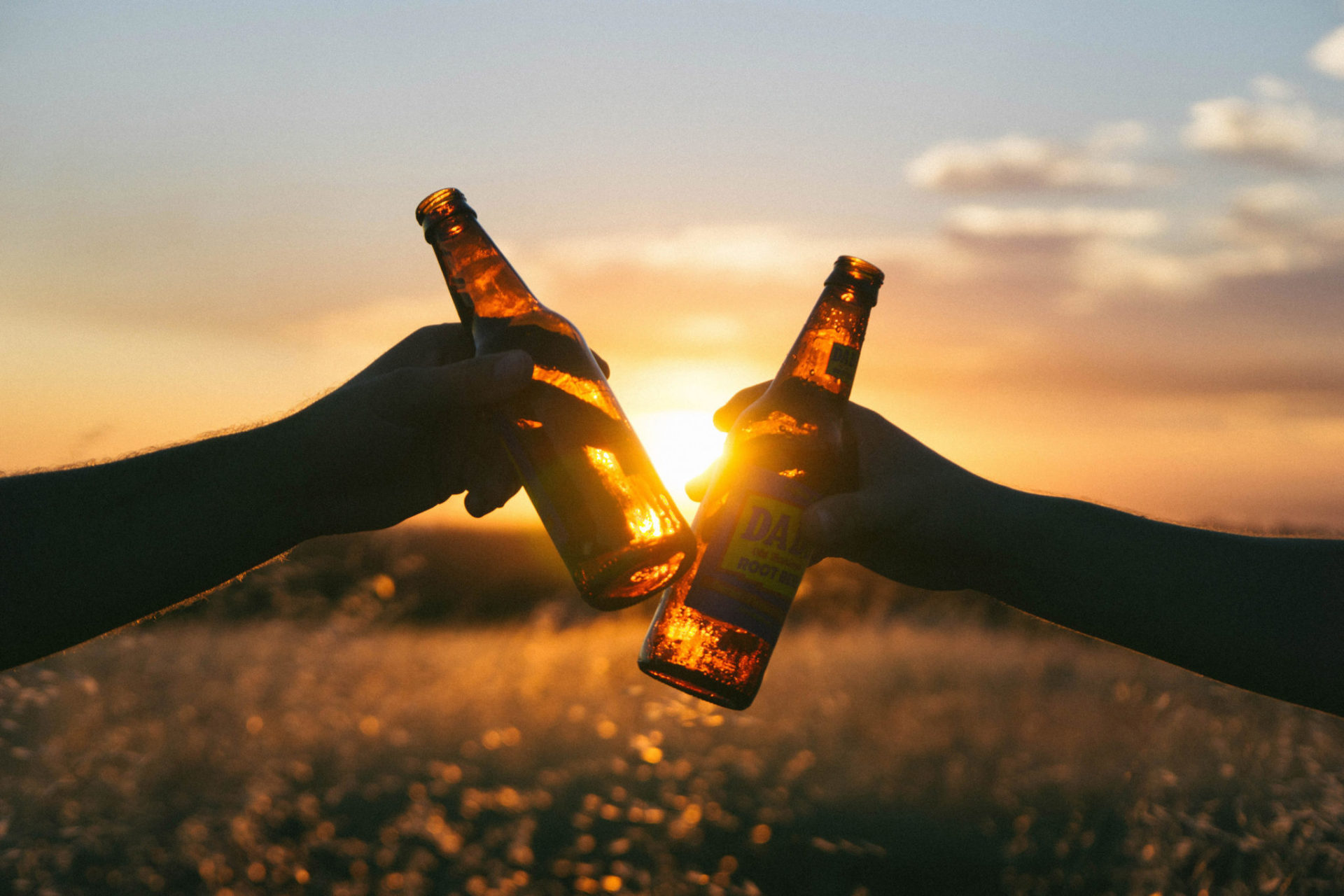Fermentation-based flavour with lower resource use
The Danish company EvodiaBio is using fermentation technology to reinvent the production of natural flavours for food and beverages – providing an environmentally friendly alternative to traditional plant extract.
Flavours are widely used across sectors, from food and beverages to cosmetics and cleaning products. However, producing natural flavour compounds the conventional way can be highly resource-intensive. For example, one kilo of hop flavour takes nearly 3,000 litres of water, while one kilo of lavender flavour may demand up to 300 kilos of plant material.
EvodiaBio’s yeast-based fermentation method replaces the need for harvested flavour crops by converting simple sugars into monoterpenes – the microscopic molecules that define flavour and scent. Years of research have enabled a scalable, industrial process where yeast cells secrete individual aroma components that are later blended to mimic the precise flavour profiles found in hops and other plants.
Fermentation cuts the carbon footprint of hop flavour by more than 80%
The first application targets the fast-growing market for non-alcoholic beer, where achieving an authentic beer flavour has long been a challenge. With EvodiaBio’s solution, only one litre of water is needed to produce the equivalent flavour impact of one kilo of hops.
For breweries, this means a reliable flavour supply, consistent quality and significant environmental savings.
The fermentation technology cuts the carbon footprint of hop flavour by more than 80% while eliminating the need for landintensive cultivation and irrigation. Looking ahead, EvodiaBio aims to expand the approach to beverages and other industries that rely on plant-based flavours.


